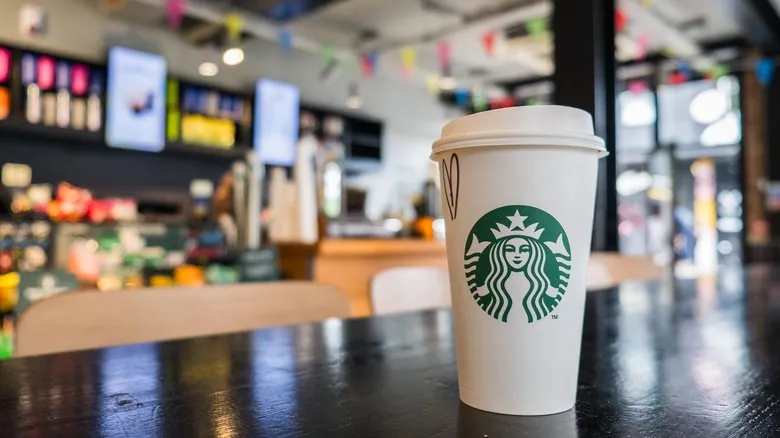An oat milk mystery

While Starbucks has not officially announced any plans to stop using Oatly in its stores, there has been some discussion about the brand's exclusivity at these locations. Posts on r/Starbucks indicate that the oat milk brands available at Starbucks can differ by region, with one commenter mentioning that the options include Oatly, Dream, and Chobani. This observation aligns with various TikTok videos shared by Starbucks employees, which show brands like Dream and Earth's Own being utilized in their cafes.
It appears that there is a range of oat milk brands being used by the company. The timeline for this change is unclear, as is the information on which locations still offer Oatly. If you're curious about the oat milk brand used at your local Starbucks, you can easily ask your barista for details. Regardless of the brand variations, it's worth noting that Starbucks uses barista-specific oat milk in its stores, which is essential for creating perfectly creamy oat milk lattes.
Barista blend or bust
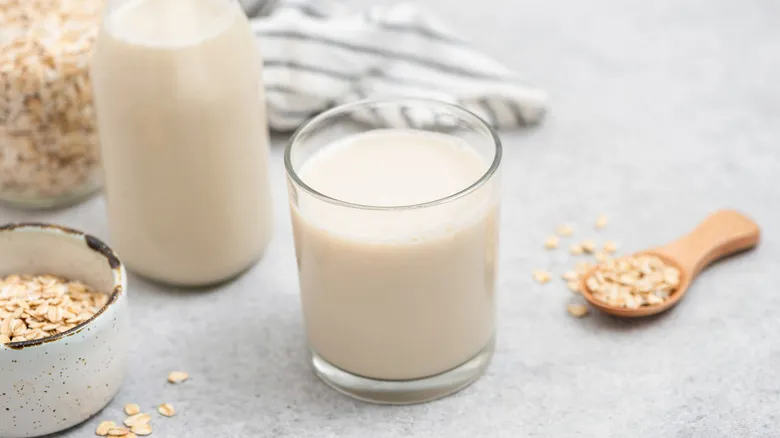
While the specific brand of oat milk used by Starbucks remains somewhat unclear, the type of milk they utilize is unmistakable. Starbucks incorporates barista-style oat milk in its beverages. But what exactly is barista milk, and how does it differ from regular milk? Barista milk isn't a new concept; in fact, there are barista versions of various types of milk, including dairy. Essentially, barista milk is a creamier product specifically crafted for coffee drinks. Many coffee beverages, like lattes, require milk to be steamed, heated, or mixed with hot coffee, which can lead to curdling or separation. In contrast to regular milk, barista milk boasts a higher protein content that helps prevent separation during preparation, and its fat content contributes to a smooth, rich texture that is simply delightful.
Similar to barista dairy milk, barista oat milk features enhanced protein and fat levels. It is formulated to mimic the properties of milk when incorporated into coffee drinks. Barista oat milk is also designed for steaming, allowing for that signature latte foam. The use of barista products is crucial for maintaining consistency in drinks across Starbucks locations, regardless of individual milk preferences. For instance, the chain also employs barista versions of its almond milk. Ultimately, if almond, oat, or dairy milk isn't to your liking, Starbucks provides soy and coconut milk options at no extra cost.
Recommended
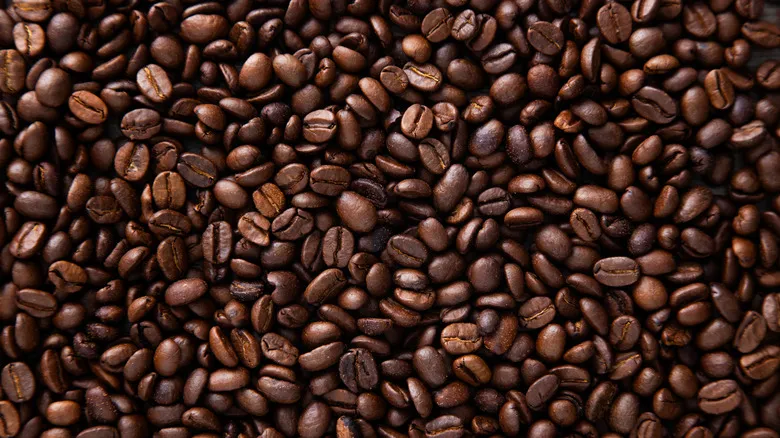
The Differences Between First, Second, And Third-Wave Coffee
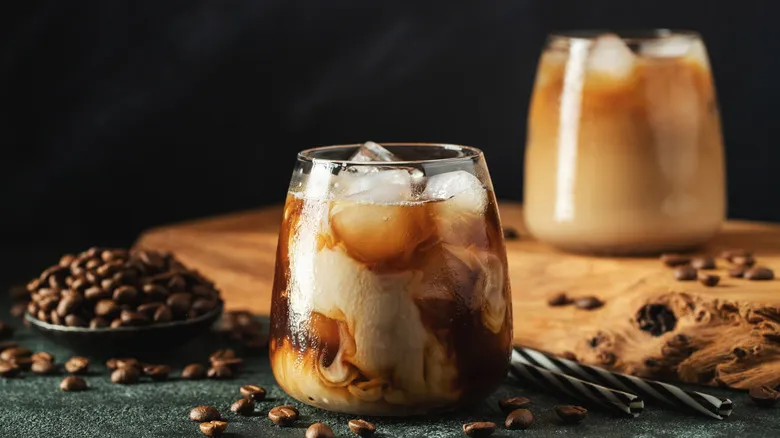
Reach For This Non-Dairy Milk For A Creamy, Nutty Upgrade On Your Coffee
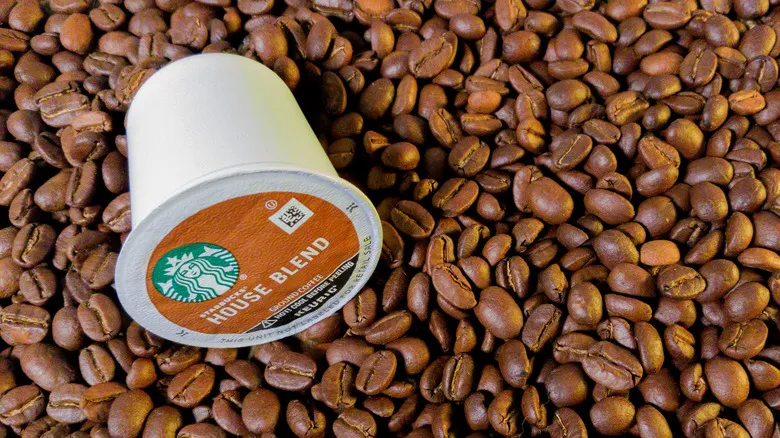
Recycling K-Cups Is Easier Than You Think
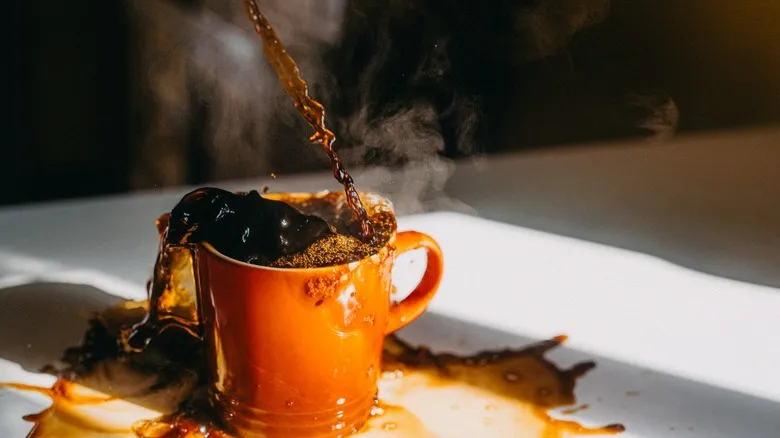
Why Coffee Could Get A Lot More Expensive In 2025
Next up

